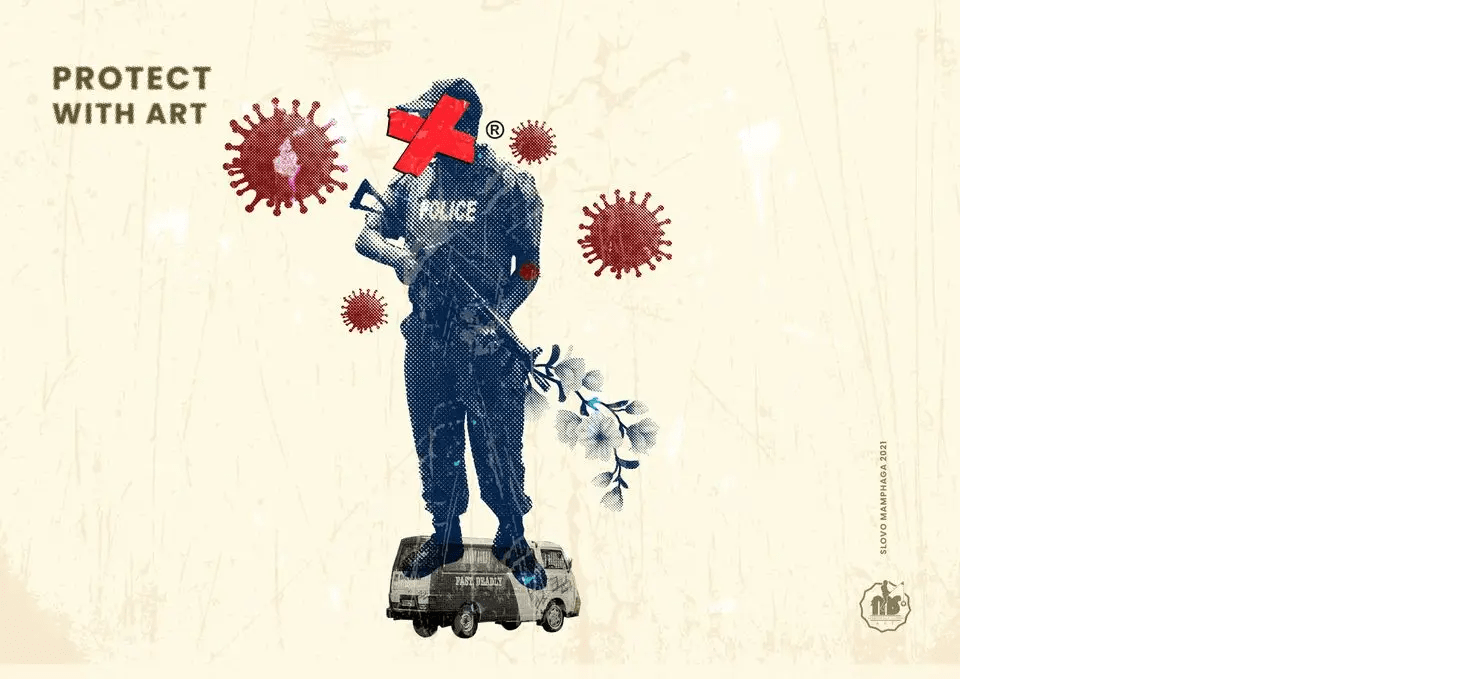About herri
herri 11 ALL EYES ON GAZA is published by Aryan Kaganof for herri Publishing. Date of publication 5 September 2025.
Editorial collective of Theme section: Atiyyah Khan, Roshan Dadoo & Cole Meintjies.
Designed & coded by Andrea Rolfes, Martijn Pantlin & Jurgen Meekel.
herri is conceived, curated and edited by Aryan Kaganof.
herri 10 is published on 1 August 2024 by the Centre for Critical and Creative Thought at Stellenbosch University.

In terms of a teaching and research resource that demonstrates the possibilities of new media and hybrid technologies in pursuing healing, herri is imagining a future African Psychology and music studies. We have now become aware of the possibility of arranging the entire herri environment as both a work of art, and as a teaching tool designed to maximize perception and to make everyday learning a process of discovery.
herri is conceived, curated and edited by Aryan Kaganof.
Publishers: Kopano Ratele and Aryan Kaganof.
Guest Editor of the African Psychology Theme Section: Kopano Ratele.
Designers: Andrea Rolfes, Jurgen Meekel & Martijn Pantlin.
Financial Administrator: Ursula Hartzenberg.

herri is an attempt to answer the question: What does decolonization sound, look, and feel like in this age of techno hybridity? We discovered that there is not just one answer. herri is an archival (re)source of narratives, mythologies, ideologies, statements, ambiguities, and ideas, all waiting to be excavated.

herri 9 has been made possible thanks to a funding grant from the Social Impact Initiative at Stellenbosch University.

herri 8 has been made possible thanks to a funding grant from the National Institute for the Humanities and Social Sciences (NIHSS). The AI in Africa Theme section is Guest Edited by Vulane Mthembu.
Cover: Dzata Prototype (2022-2023). Sculpture and image by Francois Knoetze for DZATA: The Institute of Technological Consciousness.
herri 7 has been made possible thanks to a funding grant from the National Arts Council (NAC) and the Social Impact initiative at Stellenbosch University.

herri 6 has won the National Institute for the Humanities and Social Sciences HSS Award for BEST DIGITAL HUMANITIES 2022.
herri 6 has been made possible thanks to a funding grant from the programme in African Digital Humanities at WISER. Special thanks to Keith Breckenridge, Hlonipha Mokoena and Adila Desmukh.

